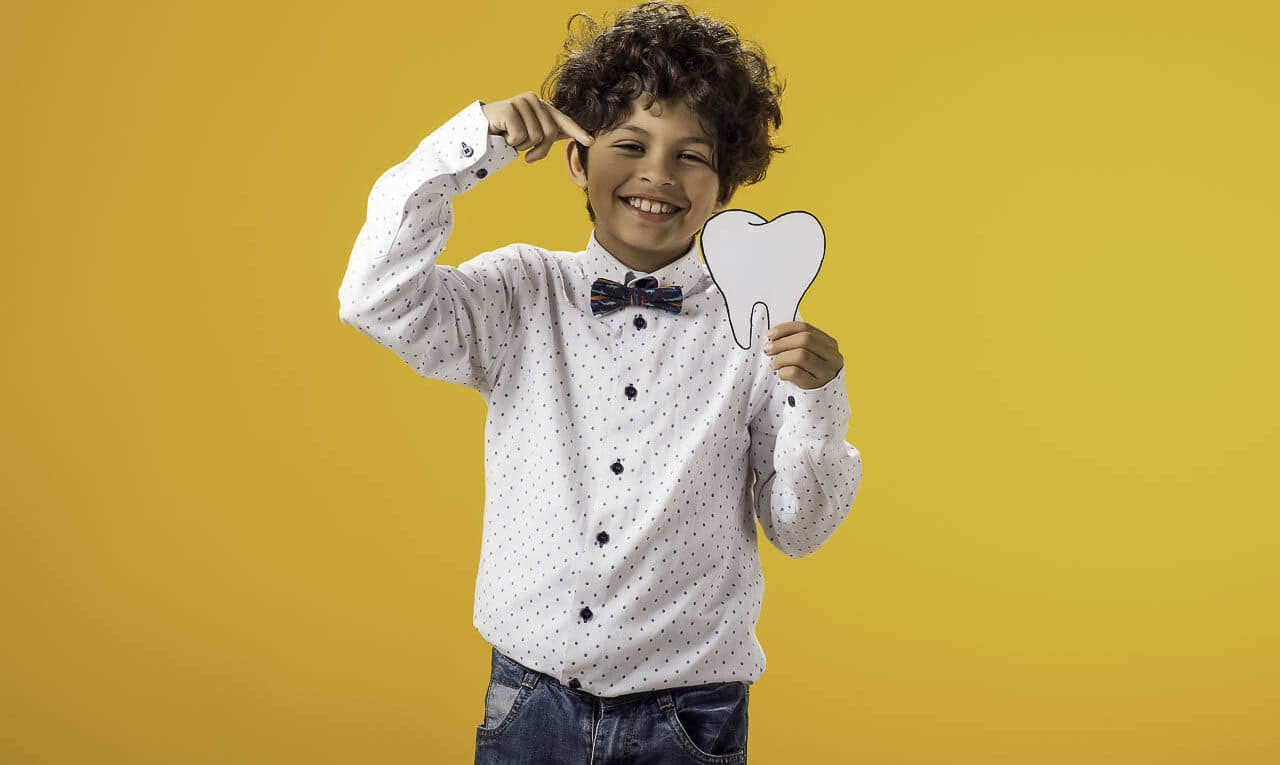Call us to easily schedule your Teledentistry appointment!
Menu

Many of the pediatric dental procedures we perform such as fillings and stainless steel crowns (silver caps), require that your child receive a local anesthetic so that they are comfortable during the procedure. While we are extremely cautious with the amount of local anesthesia we provide to your child, many children have some level of numbness “left over” from the procedure.
While this situation is a very normal one, there are some things that you as a parent should be aware of to ensure that you and your child are comfortable after dental treatment has been completed.
While most sensitivity will subside, if your child is uncomfortable you can give your child the medicine you normally give them for aches or a fever (children’s ibuprofen/Advil or children’s acetaminophen/Tylenol). If you are unsure of the dosing for your child, or you are unsure which medicine to give your child, please call the office or call your child’s pediatrician. Do not give children aspirin.
In addition to the concerns about local anesthesia noted above, normally there are no special instructions after your child has had a routine filling. Make sure the child waits for the numbness to wear off entirely before eating foods that involve chewing, parents should expect the child to have some level of sensitivity or discomfort on or around the tooth for a day or two following the filling.
The most frequent situations where children will report this sensitivity are usually are with cold drinks or cold foods such as ice cream.
Because teeth that receive SSCs are often broken-down and require “baby root canals”, there is a possibility more discomfort after this procedure vs. what we would expect in a traditional filling. Please call the office if your child seems to have extensive discomfort after a completed procedure.
Many children will report a feeling of “having something in their mouth” after they have a space maintainer placed, and this sensation is normal, and they also may tell you that they are having difficulty eating. This complaint is also a normal one, and as with most dental appliances, your child will get used to the space maintainer over time.
Your child also may report soreness or pressure with the space maintainer, and you can give them children’s Tylenol or Advil (ibuprofen) as mentioned above under “General Discomfort”. Children will space maintainers need to stay away from sticky or chewy foods, i.e., gum, caramels, gummy bears. A space maintainer is just a smaller version of braces as they need to be treated with care.
Occasionally a space maintainer becomes loose. If your child tells you that their space maintainer is loose, please call the office for an appointment so we can evaluate the device.
Other than the post-op information about local anesthesia mentioned above, children do very well after extractions. One of the more common things a parent may see is bleeding from the extraction socket after the procedure. Dr. Lindi and Dr. Rosalyn will check your child before they leave the office to make sure they are not bleeding, but sometimes children can bleed after a procedure – because they bite on the area, or if they forget and eat a rough food and irritate the area.
After your child has had an extraction they should:
Sometimes when your child has had sealants placed, they may report sensitivity in the areas where the sealants were placed, or they may tell you that their bite feels “a little high.” Both of these situations are normal.